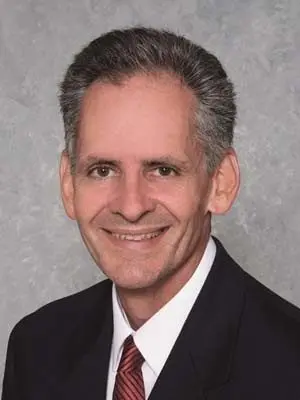
By Timothy T. Tater, Editor and Chief Spud
The Sweet Potato
San Salvador — In what is being hailed as both the greatest navigational error and the most audacious land grab in maritime history, Italian explorer Christoforo Colombo arrived today on the shores of an island he has named “San Salvador,” despite the fact that approximately 100 million people already live here and have had a name for it for thousands of years.
Colombo, or shall we call him Columbus, yes we shall. Apparently, he was attempting to find a shortcut to India for the spice trade, yet missed his target amazingly by 12,000 miles but has nevertheless declared the journey a complete success.
“I have discovered a New World!” proclaimed Columbus to his crew, apparently unaware of the several dozen locals watching him from the beach with expressions ranging from bewilderment to concern.
When informed by reporters that the land was already quite well-known to its current inhabitants, Columbus dismissed the observation. “Discovery is really about perspective,” he explained. “Sure, they may have been living here for millennia, but none of them have a flag from Spain, so legally speaking, it doesn’t count.”
Local resident Kaya, who has lived on the island his entire life, seemed confused by the proceedings. “We’re standing right here,” he noted. “We have cities, agriculture, trade networks, and complex astronomical knowledge. How exactly does one ‘discover’ something that millions of people already know about?”
Columbus responded by pointing at Kaya and announcing, “I shall call your people ‘Indians,'” despite being nowhere near India.
“But we have our own names,” Kaya protested.
“Yes, but I don’t speak your language,” Columbus countered, as if this settled the matter entirely.
The explorer has already sent word back to the Spanish Crown claiming ownership of all lands visible from his ship, plus several thousand miles in every direction that he hasn’t actually seen yet. Legal experts note this represents the most ambitious real estate claim since someone first looked at the ocean and said, “I’ll take it.”
Members of Columbus’s crew report that the Admiral spent most of the voyage insisting they hadn’t gotten lost, just “taking the scenic route.” When the ship’s navigator suggested they might be off course by several thousand miles, Columbus reportedly responded, “The Earth is round, so technically every direction is the right direction.”
In a prepared statement, representatives of the Taíno, Maya, Aztec, Inca, Haudenosaunee, and approximately 500 other nations expressed their collective alarm at the precedent being set. “We’re concerned about the implications of someone showing up at your home, pointing at your belongings, and declaring them his,” said one spokesperson. “That’s generally frowned upon in our society.”
When asked about his plans for the future, Columbus indicated he would be returning to Europe to give Spanish royalty an enthusiastic but geographically confused presentation about where he’s been. “I’m going to tell them I made it to Asia,” he confided. “They’ll never know the difference.”
Early reports suggest he may be right.
The discovery has already inspired imitators, with several European monarchs reportedly staring at maps and wondering what else they can claim to have discovered. “There’s an entire methodology here,” noted one royal advisor. “Simply arrive somewhere people already are, plant a flag, and pretend you’re the first. It’s brilliant in its audacity.”
At press time, Columbus was attempting to convince the locals to show him where they keep their gold, explaining that he had come “all this way” and surely deserved some compensation for getting lost.
This story is developing, and by “developing” we mean it will get significantly worse for one of the parties involved.








